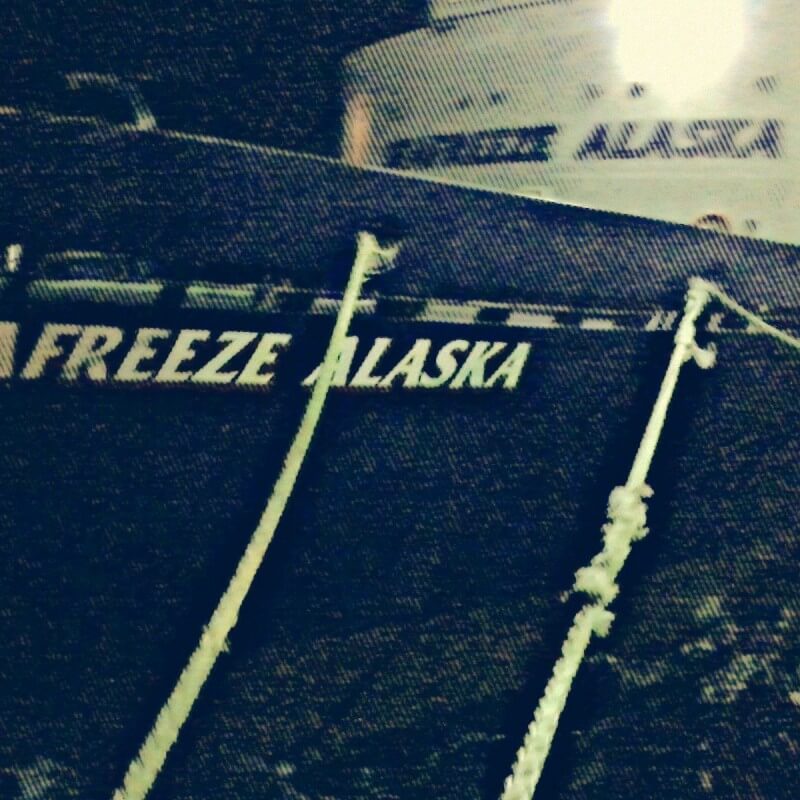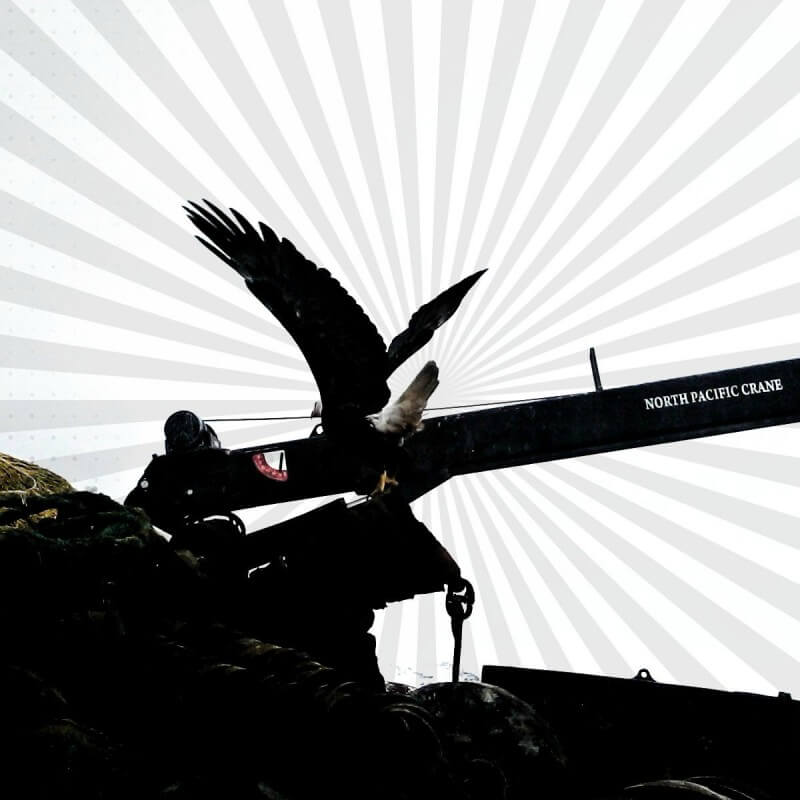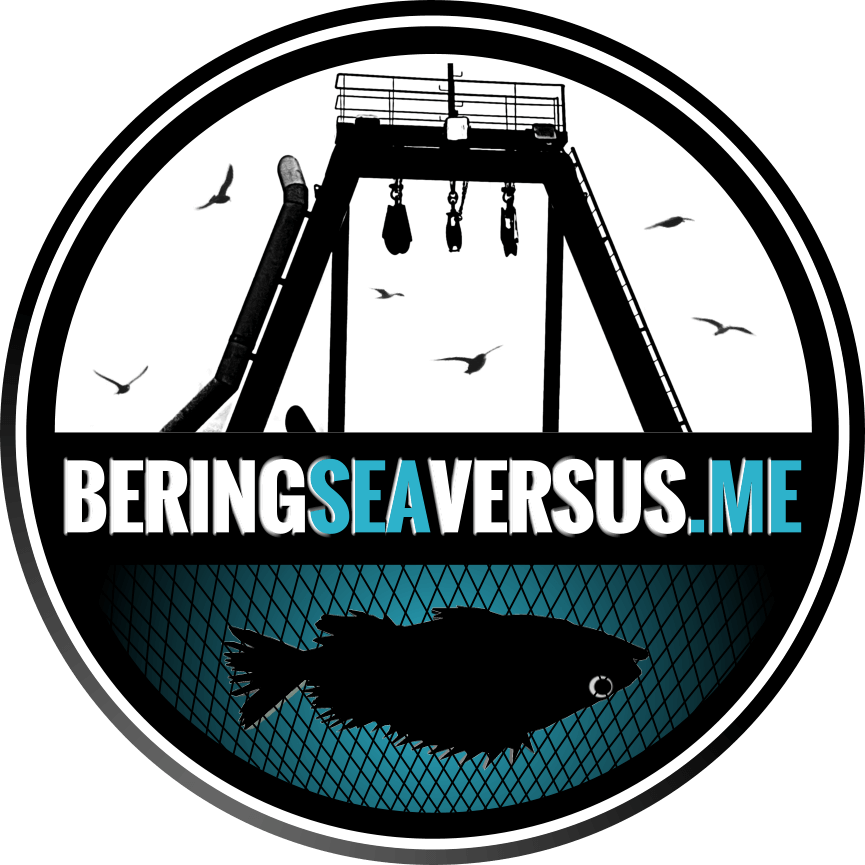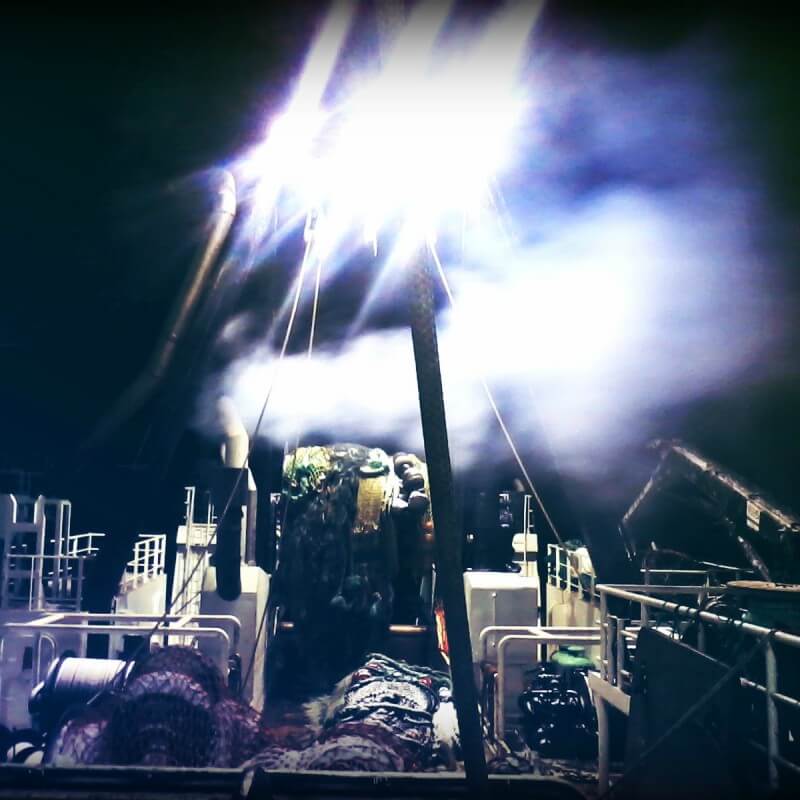Fishing Boat – The Contract
Contract terms

Seafeeze Alaska close to Adak, AK #fishingboat #ropes #BeringSea #alaska #fishing #night #cold #north #northern #sealife #maritime #trawler
As a new guy I signed a 65 day contract. Other companies offer different types such as 90 days long one or even one for 30 days only. If they are satisfied with you and your work, and if you are not too tired, they can offer you an extension. After 80 days as a new guy I needed a break, so I skipped two trips and then returned back on the ship. If you did not complete your contract, crew share from your last trip was cut in half and your flight from Seattle to Dutch Harbor wasn’t covered (around $2000). In most cases new guys gave up after the first trip, leaving them with a debt of around $1000. Even with that nearly half of the beginners gave up that early while I was there for the first time.
The crew share system is only for those who are willing to work hard.life of a fishermanIf a beginner quits before the trip is finished, he also had to pay for accommodation and food until we reached the harbor. The crew share system is only for those who are willing to work hard, and the contract is set up in such a way to discourage you from giving up.
Before departing for the ship everyone has to undergo a drug test. If this comes back positive you will be refused admittance. Worst case scenario the results come back while you’re on the ship which will have the same consequences as in-completion of contract.
When someone got sick, or slightly injured, he had to work just like everyone else. He could take a day off, but at the end of the trip he was sent home, and the rules were the same as with in-completion of contract.
Pay system: Crew share vs case rate
Our crew was paid by a crew share system. 73% of the gains went to our company while the other 27% got divided among the fishing crew. This will differ with each company. The amount each individual earned depended on the amount of shares he was given and that was determined by the size of the catch, his work position, experience and above all diligence. The value of one share could be $1000, for example. A beginner starts at 1.75 and that is multiplied by that $1000. His earnings following his first trip (ten days e.g.) would be $1750 minus tax. Depending on your increasing abilities and work attitude this number will rise gradually. If you lack these abilities and good work attitude you will be sent home. The best and most experienced workers in the factory got three shares plus bonus. The bonus could even be the same value as one share. That added up is four shares times $1000, which is $4000 for one trip in this example. Further, a combi worker started on 3.3 shares, deckhand on 4 and deckboss on 6 and so on (numbers are approximate, just an example). The 1 share’s value varied between $800 and $2500 depending on the catch. The ideal scenario: Atka Mackerel trip – you have three shares + 0.5 share bonus, the value of one share is $2000, and you’ve just earned yourself $7000 before tax in eight days.
When there was no fish there was no money.life of a fisherman
But… When there was no fish there was no money. Luckily this seldom happened. The sooner the freezer hall was filled (1 trip), the sooner we could return to the harbor and the sooner we could undertake another trip and essentially the more money we all got. One trip could last six days, or even twenty depending on the size of the fish and the frequency of their appearance.

Trying to look #artistic 🙂 #eagle #crane #BeringSea #DutchHarbor #Alaska #fishing #night #cold #sealife #art #geometry #bird
On some of the other ships you can come across a different pay system called case rate. For one case (a cube of frozen fish – 20 kg) a fisherman gets $1 for example, and with that a base rate of $50 per day irrelevant to whether there is fish or not. The more cases there are in the freezer hall, the more you earn. The advantage of the case rate system is that you are guaranteed a certain amount of money, the disadvantage is that you will not earn as much as you would with crew share on the more lucrative catches. Trips are usually concentrated on one main type of fish. For example, Yellowfin Sole is worth $0.70 per pound, or Atka Mackerel $2.50 per pound. From word of mouth, with case rate the value of each case is the same no matter what type of fish is in it (to confirm however, check with the particular fishing company itself). Some of the people I worked with had an opportunity to work off case rate, ended up preferring crew share. However, during my last contract, we had a bad season, so many who experienced case rate were saying good things about it. Regarding the constancy of the catch; we very rarely found ourselves without fish, owing to the captain’s judgement. Personally, I think very highly of crew share, but on the other hand I don’t have any experience with case rate. A lot will also depend on the company which you will choose to work for.
NEXT // LIVING CONDITIONS ON A FISHING BOAT



